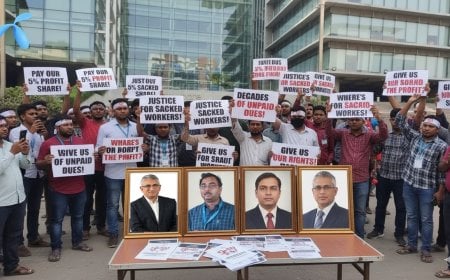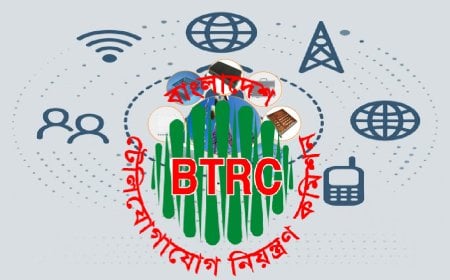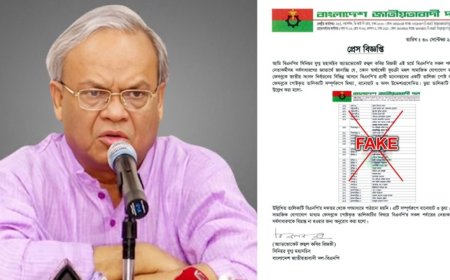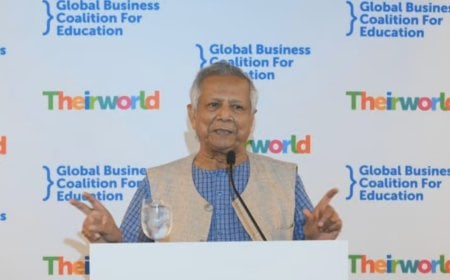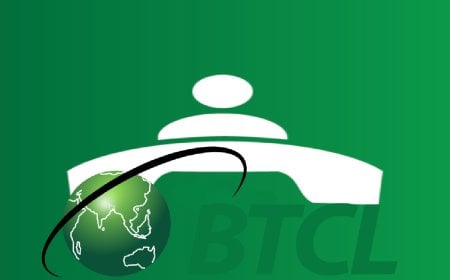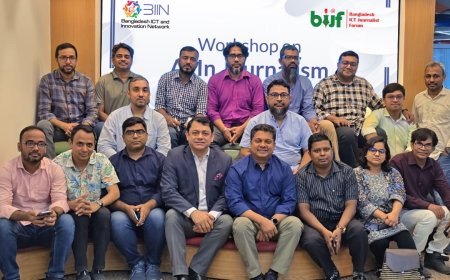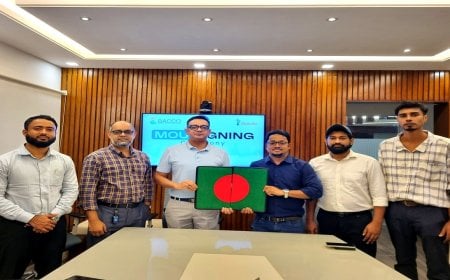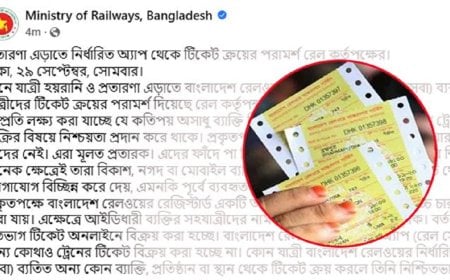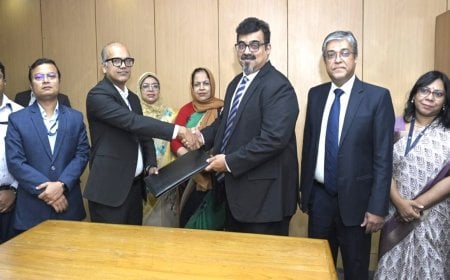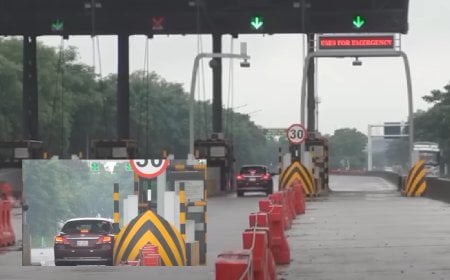Mandatory e-GP Marks Milestone in Public Procurement
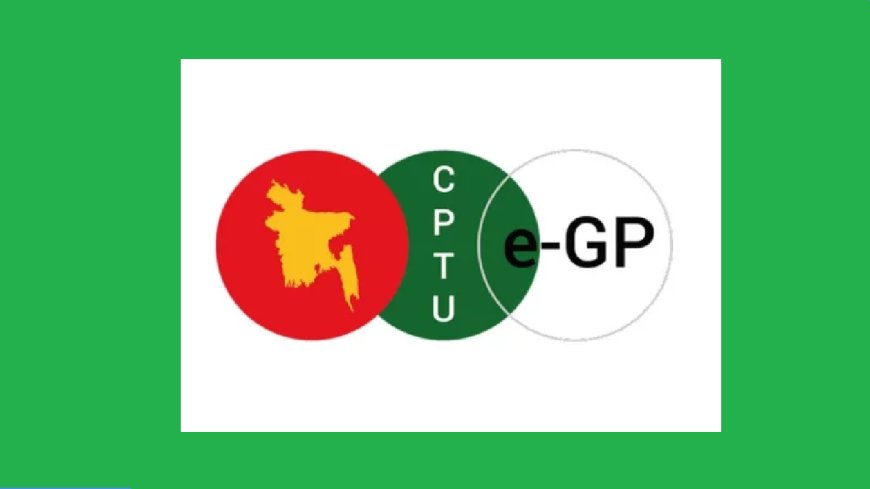
The government has published a gazette on the Public Procurement (Amendment) Ordinance, making e-GP (electronic Government Procurement) mandatory for all categories of public purchases. The amendment also abolishes the long-debated provision of a 10 percent ceiling above or below the estimated price for domestic procurements.
In addition, the new rules mandate disclosure of the “beneficial owner” in procurement contracts, formally introduce sustainable public procurement, require strategic planning for every procurement, recognize physical services as a separate category, expand the scope of framework agreements and negotiations, establish a debarment board, and set clear provisions on asset disposal.
The reform aims to enhance transparency in public procurement and break syndicates. Previously, bids that exceeded or fell short of the official estimate by 10 percent were automatically disqualified. This rule, introduced in 2016 to curb abnormally low bids, often backfired as bidders gained access to official cost estimates, leading to near-identical quotations. In such cases, factors like past experience, turnover, and liquidity were used to decide contracts—favoring a handful of large firms. The government has now scrapped this system.
According to sources, the newly framed Public Procurement Rules (PPR) 2025, which came into effect on September 28, aim to strengthen governance, transparency, efficiency, and competition in state procurement.
A press release from the Bangladesh Public Procurement Authority (BPPA) on Tuesday confirmed that both the amended Public Procurement Act (PPA) 2006 and the new PPR 2025 were simultaneously enforced from Sunday. The PPR 2025 contains 154 rules and 21 schedules.
BPPA’s Chief Executive Officer S M Moin Uddin Ahmed said: “Purchasers, bidders, and the international community have been recommending these changes for some time. Responding to that, we took on the challenge of completing the reforms within two months.”
Kamal Uddin, Secretary of the Implementation Monitoring and Evaluation Division (IMED) under the Planning Ministry, described the move as “an important step in ensuring competition and fairness in the public procurement process.”
To draft the amendment and new regulations, BPPA’s board formed a Technical Working Group (TWG), which held more than nine meetings to review the revisions in detail. BPPA also organized 12 consultation sessions with procuring entities, bidders, journalists, policymakers, women entrepreneurs, and development partners. Dialogue sessions were also conducted at district and upazila levels with both buyers and bidders.





